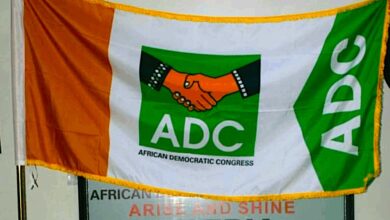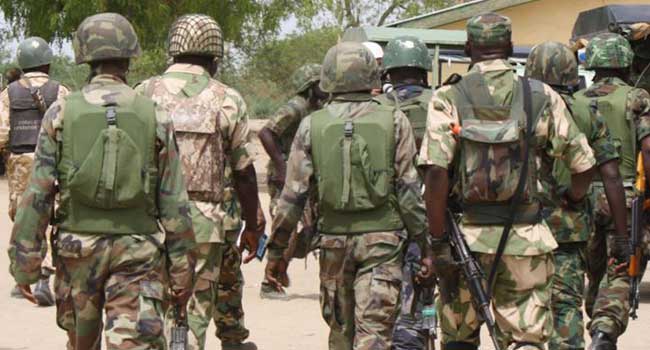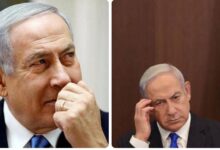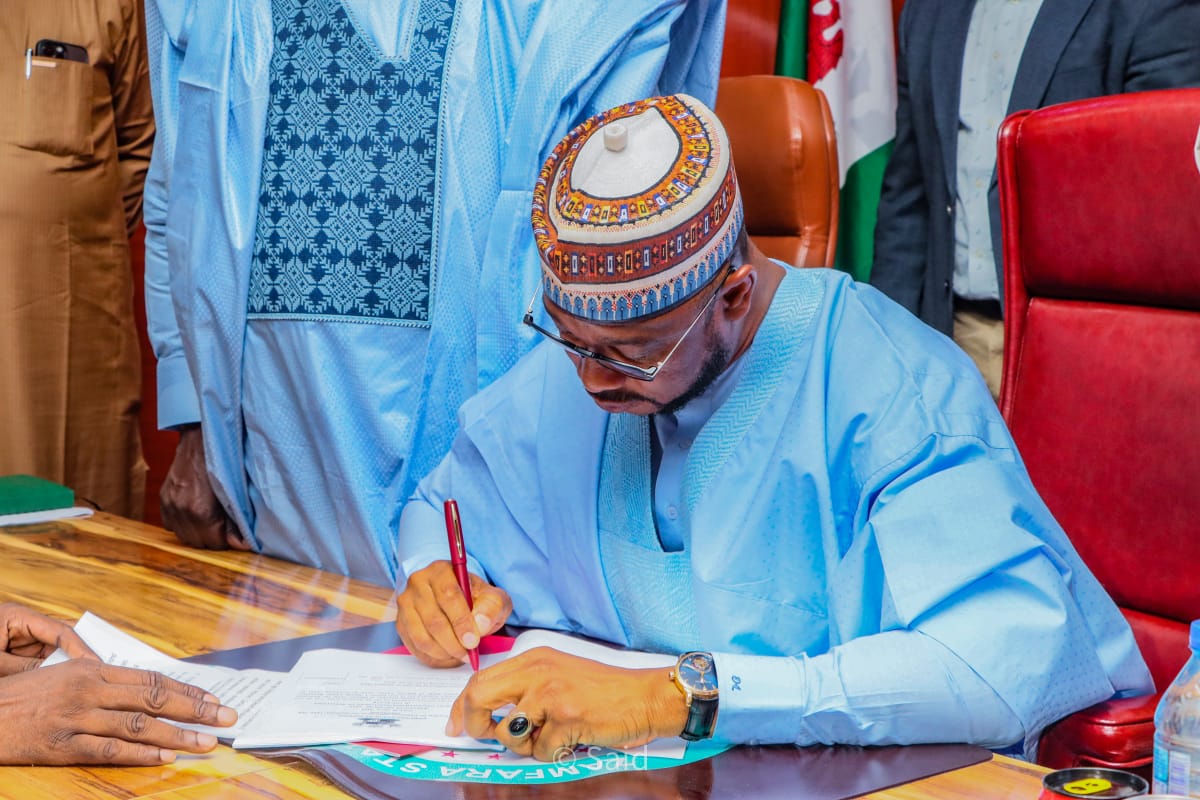Gov Lawal presents N545b 2025 ‘Rescue Budget’ to Zamfara State House of Assembly
*Proposal proritises security, health, education
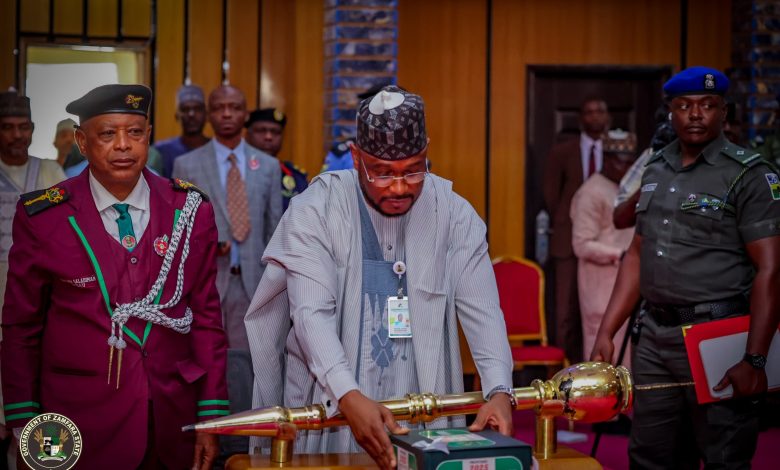
By IBRAHIM KANOMA, Gusau
Governor of Zamfara State, Alhaji Dauda Lawal, has reaffirmed his administration’s commitment to adopting a more pragmatic approach to managing the state’s finances.
The governor made this reaffirmation as he presented the Zamfara State House of Assembly with a proposed budget estimated at N545,014,575,000.00 for the 2025 fiscal year.
A statement by the governor’s spokesperson, Sulaiman Bala Idris, revealed that for the first time in Zamfara, the Ministry of Health takes 11 percent of the proposed budget’s total sum, amounting to N62,124,702,98.
The statement added that the educational sector accounts for 14 percent of the total sum, which also amounts to N79,664,861,461.
“Security, which constitutes 6% of the total amount, totals N32,288,700,000. Agriculture accounts for 6% amounting to N34,716,180, 000.”
Delivering his remark, Governor Dauda Lawal emphasized that the 2025 budget represents a roadmap for addressing the pressing needs of Zamfara State.
He said: “It is a vision for the future of Zamfara. It is also a testament to our resolve to transform challenges into opportunities and deliver a more prosperous, secure state for our people.
“Over the past 18 months, we have achieved remarkable revenue growth of 240.44%, elevating our state from 36th to 26th in Nigeria’s internal revenue generation standings. This is a testament to the rigorous revenue generation drive and strategic measures implemented by this administration to block revenue leakages.
“We have demonstrated our unwavering commitment to financial sustainability through enhanced accountability, improved collection systems, and the expansion of revenue sources.
“While this achievement is commendable, it is crucial to note that the increase is in relative terms rather than absolute. We will ensure revenue-generating MDAs redouble their efforts by thoroughly exploring all potential sources and maximizing opportunities.
“To speed up the process of economic development and secure a brighter future for our people, we have embarked on transformative projects with significant potential to strengthen the state’s financial standing. A notable example is the Gusau International Airport, which this administration awarded to align with our strategic vision.
“We are advancing critical infrastructure projects in roads, healthcare, agriculture, rural development, and education. These initiatives are carefully designed to build a resilient economy capable of improving the livelihoods of our citizens.
“We have sustained the culture of reforms in the public sector, which we initiated shortly after assumption of office. These reforms aim to improve efficiency, reduce waste, and ensure the effective utilization of public resources. A key aspect of these reforms is the digitization of government services. Notable examples include the digitization of the Executive Council chambers, land registry, revenue generation, and collection system.
“We have introduced performance-based budgeting and strengthened financial oversight mechanisms. Budgets are no longer annual rituals often not adhered to; instead, they are strategic tools for achieving developmental goals. We aim to build a transparent, accountable governance framework that inspires public trust and drives socio-economic development.
“Mr. Speaker, Honourable Members, the 2025 budget proposal has been meticulously crafted to reflect our aspirations for a prosperous Zamfara State. Like the 2024 budget, it prioritizes capital expenditure over recurrent costs, ensures equitable resource distribution, and lays a solid foundation for sustainable development. With the collective efforts of all stakeholders, I am confident that we can overcome our challenges and achieve the transformative growth that Zamfara State deserves.”
Governor Lawal said that the total estimate for the 2025 fiscal year is N545,014,575,000.00, which represents N151,680,000,000.00 for Recurrent Expenditures and N393,334,575,000.00 for Capital Expenditures.


